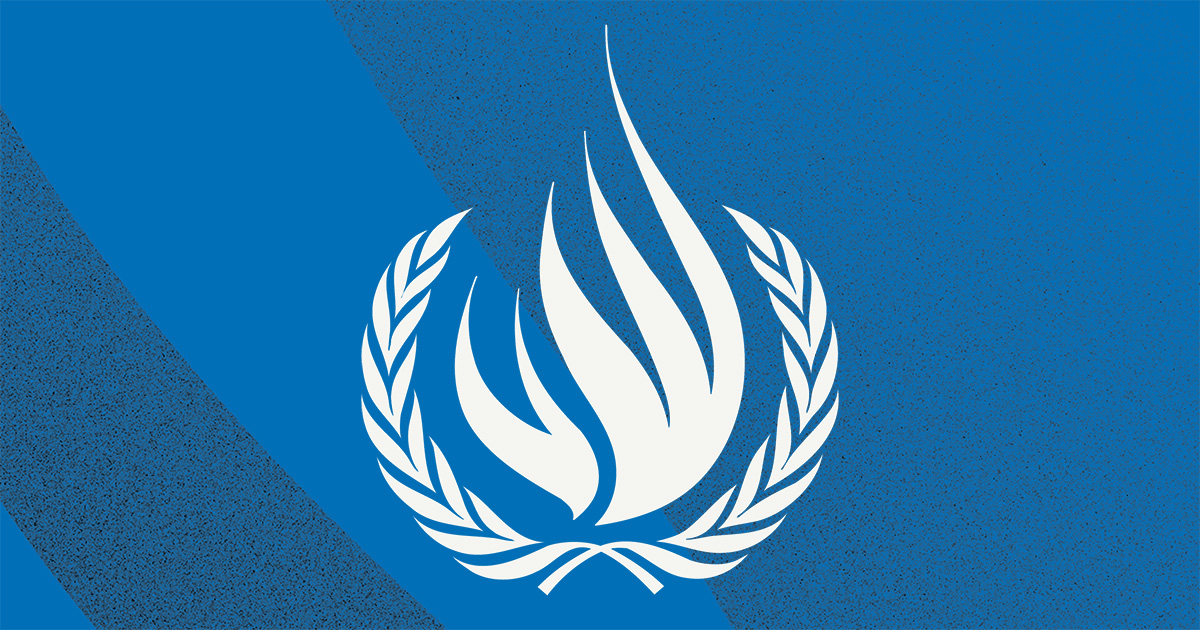
India"s efforts to crack down on dissent have left Twitter with an impossible balancing act: protecting free speech, or risking its employees and business in one of the company"s most vital markets.
The company said in a blog post on Wednesday that it was "served with several separate blocking orders" by the Indian government against hundreds of Twitter accounts in the past 10 days.
Early last week, it briefly suspended many of those accounts at the government"s behest but reinstated them a few hours later after a public outcry, including one handle with over 200,000 followers supporting the ongoing protests by farmers against new agricultural reforms and another belonging to one of the country"s most prominent magazines.
Twitter said it restored the accounts "in a manner that we believe was consistent with Indian law," but was hit with a non-compliance notice by India"s Ministry of Electronics and Information Technology. The notice threatened Twitter"s employees with up to seven years in jail, according to a report from BuzzFeed News.
Twitter did not provide details on the contents of the notice, and the Indian government did not respond to multiple requests for comment.
The social media company said it had taken some action against more than 500 accounts that were flagged by the government"s orders. Twitter said they were in "clear violation of its rules." It also made several other accounts only visible outside India and restricted the visibility of certain hashtags containing harmful content.
But Twitter also drew a line in the sand.
"Because we do not believe that the actions we have been directed to take are consistent with Indian law, and, in keeping with our principles of defending protected speech and freedom of expression, we have not taken any action on accounts that consist of news media entities, journalists, activists, and politicians," the company said. "We will continue to maintain a dialogue with the Indian government and respectfully engage with them."
With more than 700 million internet users, India is a huge and important market for global tech companies, albeit an increasingly precarious one as the government led by Prime Minister Narendra Modi seeks to tighten its grip on the internet and social media.
The Modi government has previously clashed with platforms such as Facebook and WhatsApp and has proposed regulations that would expand its ability to police content online. It also banned TikTok and dozens of other apps last year after diplomatic tensions with China escalated, and it has resorted to shutting down the internet altogether in several parts of the country to curb protests.
Now Twitter is the latest company to find itself in the government"s crosshairs. The platform has become a key conduit for the public — and increasingly international — a debate between proponents and critics of the Indian government"s farm laws.
"The shrinking space for civil society is being mirrored by censorship and anti-democratic regulatory moves to censor users from their rights to free speech," said Thenmozhi Soundararajan, executive director at advocacy group Equality Labs. "It is time for the world to understand how much is at risk right now and for American companies like Twitter and Facebook to act before it"s too late."
Twitter, for now, appears to be standing its ground against the Indian government.
"We will continue to advocate for the right of free expression on behalf of the people we serve. We are exploring options under Indian law — both for Twitter and for the accounts that have been impacted," the company said Wednesday. "We remain committed to safeguarding the health of the conversation occurring on Twitter, and strongly believe that the tweets should flow."
But if the government chooses to make good on its threats or further escalate the situation, Twitter is left with few good options.
"There are two main risks: The first is to Twitter"s employees in India, who may be at risk if the company fails to comply with demands," said Jillian York, Director of Freedom of Expression at the Electronic Frontier Foundation.
"The second risk is that Twitter continues to refuse and gets blocked in India. While this may be the right moral outcome, it"s obviously not the best outcome for the Indian people, many of whom rely on social media to get out key messages about what"s happening on the ground," she added. — Courtesy CNN












